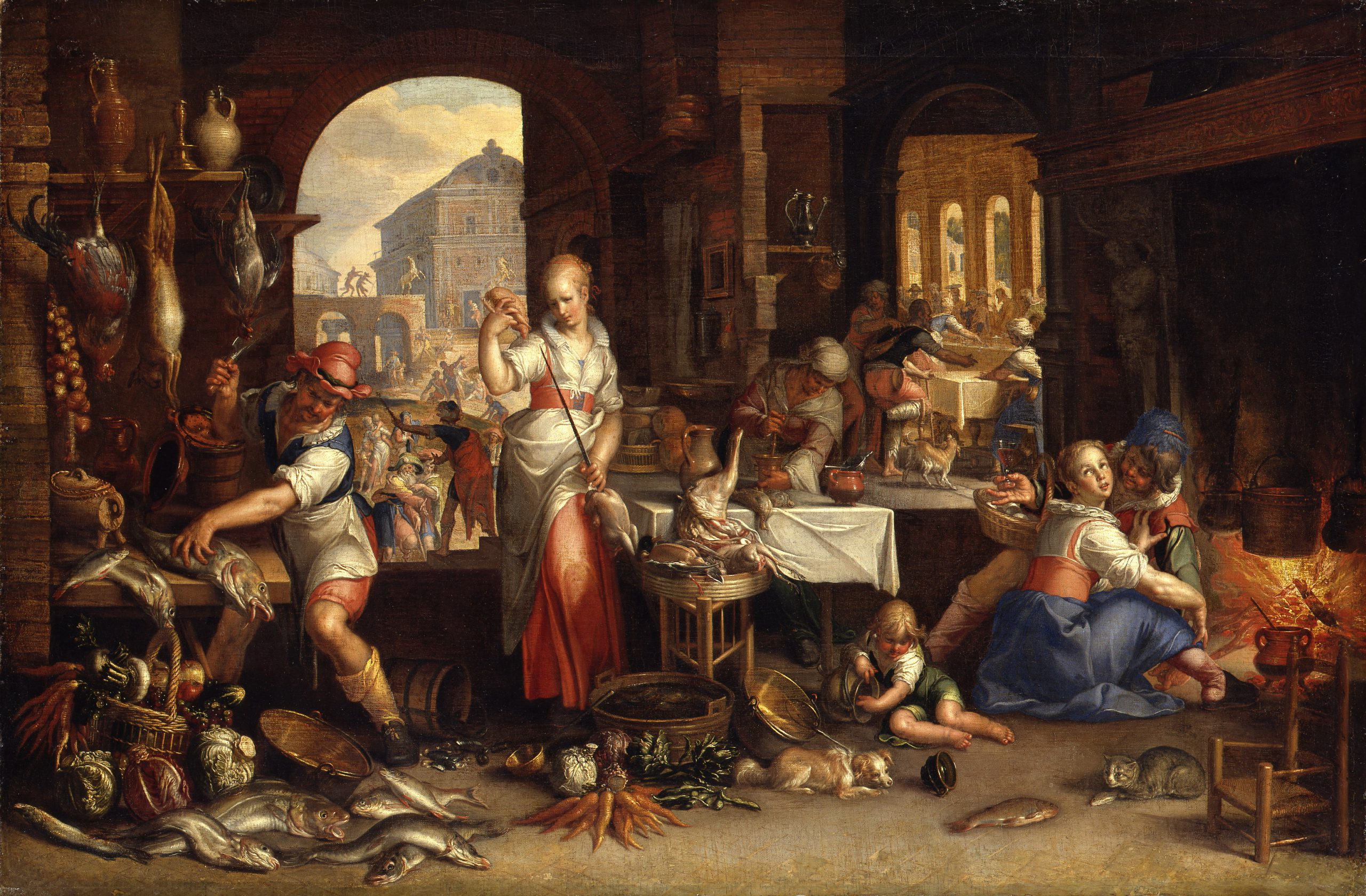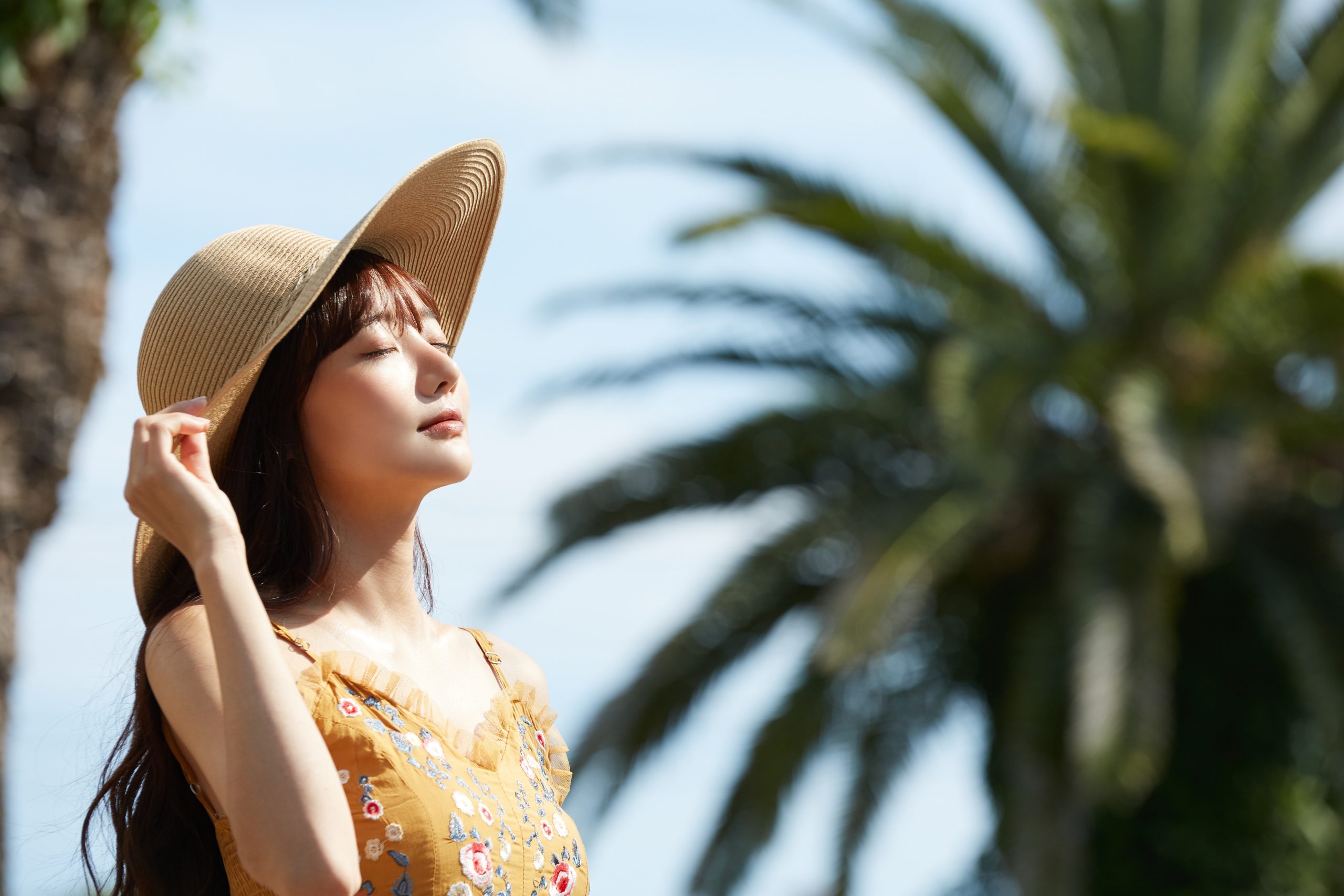
Stanley Kubrick’s “The Shining” is utterly eerie for its baroque uncertainty. As its three main characters are hopelessly isolated inside its vast and ominous setting, the movie constantly unnerves us with the increasing unreliability of their respective viewpoints. The result is alternatively baffling and terrifying to the very end.
Noticing again how cold and distant the movie is to the madness of its main characters, I could not help but think of the last act of Kubrick’s “2001: A Space Odyssey.” The astronaut hero finds himself marooned inside a coldly decorated room after his fantastic journey across space and time, and his following transformation in that room looks like he is being observed by something beyond his (and our) perception. In the case of “The Shining,” its three main characters are stuck inside a big hotel in some remote mountainous area of Colorado. Sometimes they feel like test subjects ready to be manipulated by whatever is hovering over the hotel.
From the opening scene, Kubrick does not hide his intention. Shrouded in insidiousness from the synthesizer performance of “Dies Irae” on the soundtrack, this spooky opening scene steadily looks over a small car driving toward the hotel. It is followed by a banal meeting between a hotel manager and Jack Torrance (Jack Nicholson), who happens to be hired as the hotel’s caretaker during its upcoming closing period. The hotel manager tentatively warns Jack that the hotel can be completely shut off from the outside world during snowy winter days, and he even mentions a terrible incident involving a former caretaker of the hotel. Jack assures the hotel manager that he and his family will be all right: “And as far as my wife is concerned, I’m sure she’ll be absolutely fascinated when l tell her. She’s a confirmed ghost story and horror film addict.”
Meanwhile, we also learn about Jack’s wife, Wendy (Shelley Duvall), and their young son Danny (Danny Lloyd). Danny happens to have a sort of psychic power, and his imaginary friend shows him a series of disturbing moments implying what may happen in the hotel. During her following conversation with a doctor who checks on Danny, Wendy casually reveals Jack’s alcoholism and how this serious human flaw of his led to a traumatic incident for both her and Danny some time ago.
Once Jack and his family enter the Overlook, the movie frequently emphasizes how big and wide the hotel looks inside—especially when they are the only people inside the hotel after its closing day. As the camera steadily follows its main characters moving around here and there in the hotel, their surrounding environment often feels as vast as the space background of “2001: A Space Odyssey.” There seems to be no possible way out for them at times, as reflected when the camera ominously looks down upon Wendy and Danny wandering inside a big hedge maze right next to the hotel building.
Around that point, Jack is already tumbling toward madness, so we depend more on Danny and Wendy’s perspective. Still, neither is very reliable because they become psychologically isolated in their own way too. After experiencing something scary in a certain room in the hotel, Danny’s mind is much more unsettled than before, and those horrific visions of his soon come quite true to his petrified horror. In the case of Wendy, she desperately tries to get things under her meager control, but there inevitably comes a point where she finds herself swept into her terror and confusion.
Kubrick keeps everything cold and distant, just like he did in many of his films, which makes the movie all the more terrifying. While its three main characters are broad caricatures, their descent into insanity is still quite arresting because of the overwhelming claustrophobia. Seemingly trapped forever in their separated status, they lose more human qualities alone, which was probably why Kubrick deliberately had his two lead performers go over the top in their forthright acting. While Nicholson dials up his familiar manic mode as much as demanded, Shelley Duvall amplifies her neurotic quality to the extreme. Her strenuous efforts here in this film deserve more appreciation, especially considering how Kubrick harshly treated her during the shooting.
In the meantime, we are also baffled by the ambiguity surrounding the main characters’ feverishly warped viewpoints. Are there actually some supernatural entities in the hotel? Or are Jack and his family merely experiencing hallucinations fueled by Danny’s psychic power? A key scene later in the story, which unfolds inside a storage room, strongly suggests that there are indeed ghosts in the hotel. However, the movie remains ambiguous about their existence to the end, with its very last shot raising more doubts and questions.
The movie provides a bit of an objective viewpoint via Dick Halloran (Scatman Crothers), the hotel chef with the same psychic ability as Danny. During his conversation with Danny early in the film, he indirectly recognizes that there is something not so good inside the hotel, and he later comes to the rescue after receiving a psychic SOS from Danny. However, to put it mildly, the movie does not let him clarify the ongoing situation surrounding Danny and his parents.
I forgot to mention that “The Shining” is based on the novel of the same name by Stephen King, who disliked the movie for understandable reasons. To King’s dismay, Kubrick erased most of the human depth in the original story while adapting with co-writer Diane Johnson. Instead, he distilled the claustrophobic qualities of King’s story for his single-minded artistic vision, and his achievement has considerably influenced a bunch of arthouse horror films, such as Ari Aster’s debut feature “Hereditary” (2017), which owes a lot to “The Shining.”
By the way, King later attempted to distance his novel further from Kubrick’s film by writing its sequel novel “Doctor Sleep.” However, to our little amusement, the following movie adaptation directed by Mike Flanagan was not free from Kubrick’s film, even when it is faithful to King’s sequel novel. That says a lot about the inescapable cinematic power of Kubrick’s film, doesn’t it?




